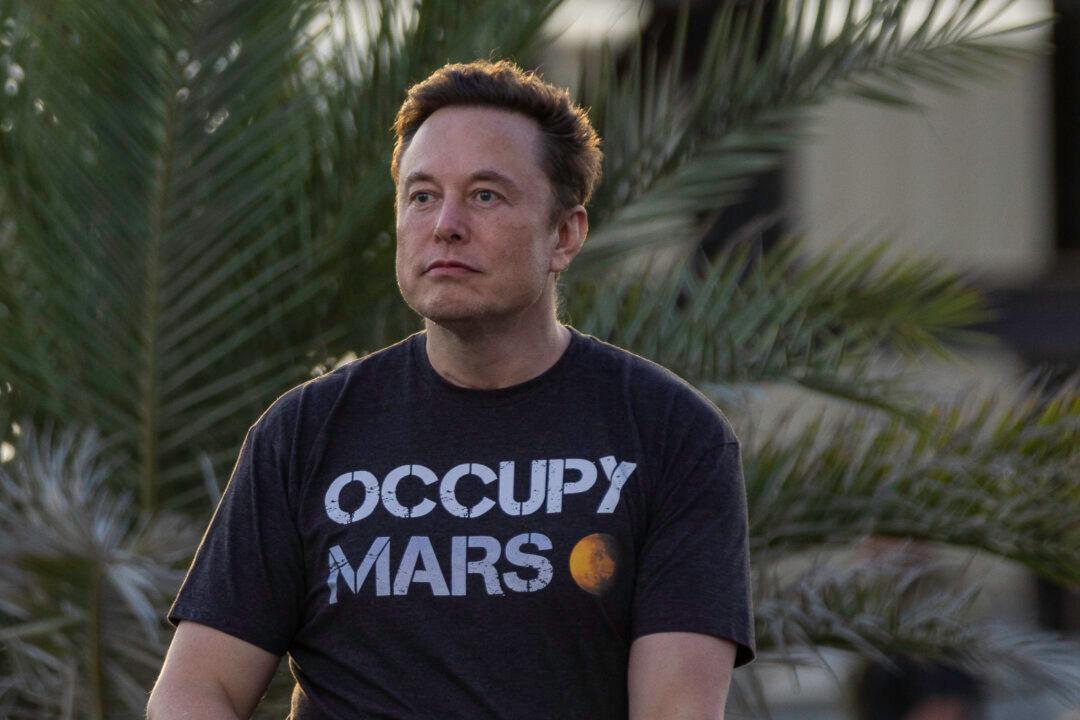Germany’s Volkswagen Group on Thursday revealed a series of measures that include CEO Herbert Diess keeping his job, overhauling the board, naming a new China leader, and the company raising its five-year spending plan for electric mobility to take on Tesla Inc.
The Big Changes
The 63-year old Diess will continue as Volkswagen Group CEO but his responsibilities have seemingly been reduced. Diess will serve in a new role as the head of the legacy automaker’s software unit CARIAD, starting 2022.The automaker also said Ralf Brandstätter, 53, will join the company’s board and also lead the company’s China business from August. Brandstätter replaces the current China CEO Stephan Wollenstein, who held the post for three years.





